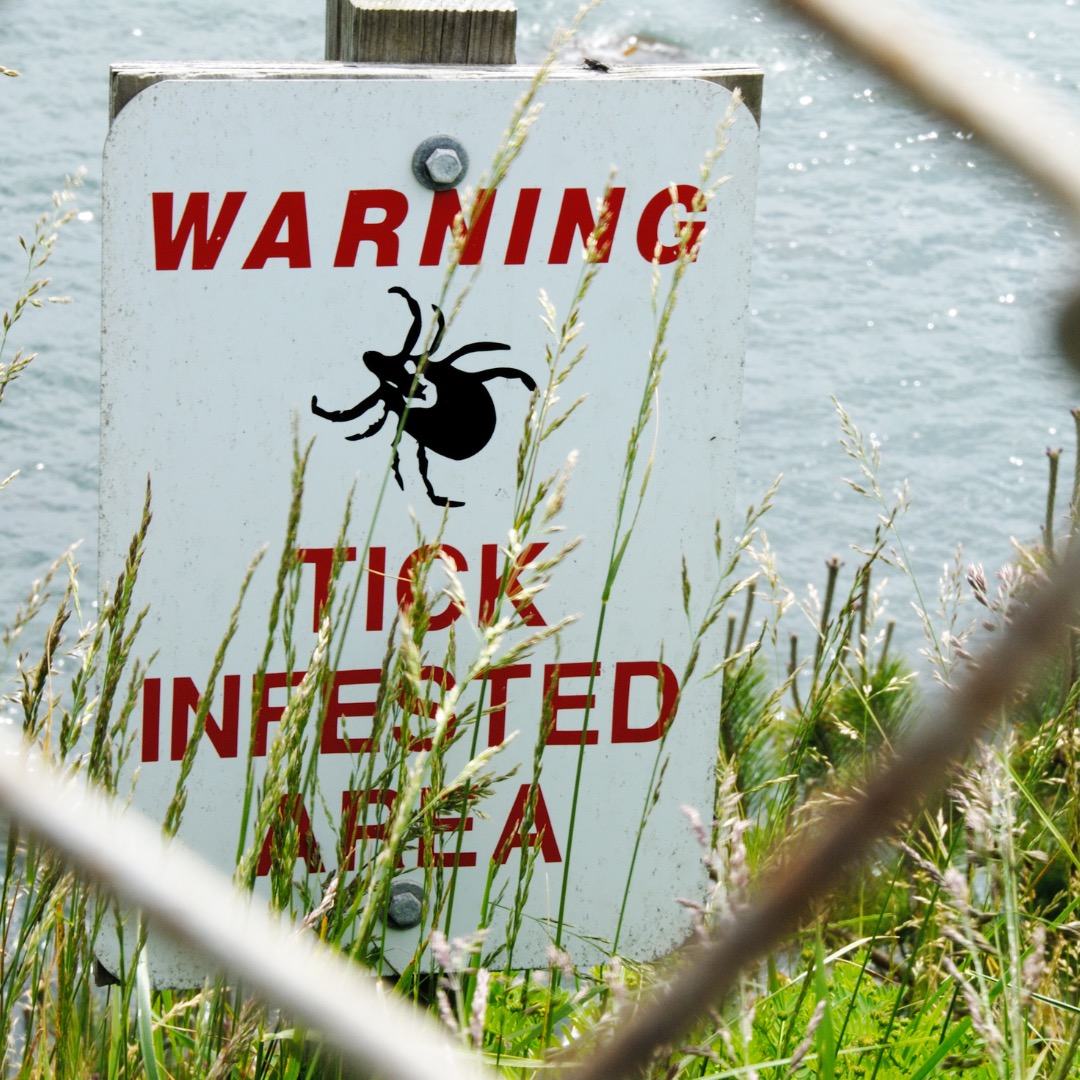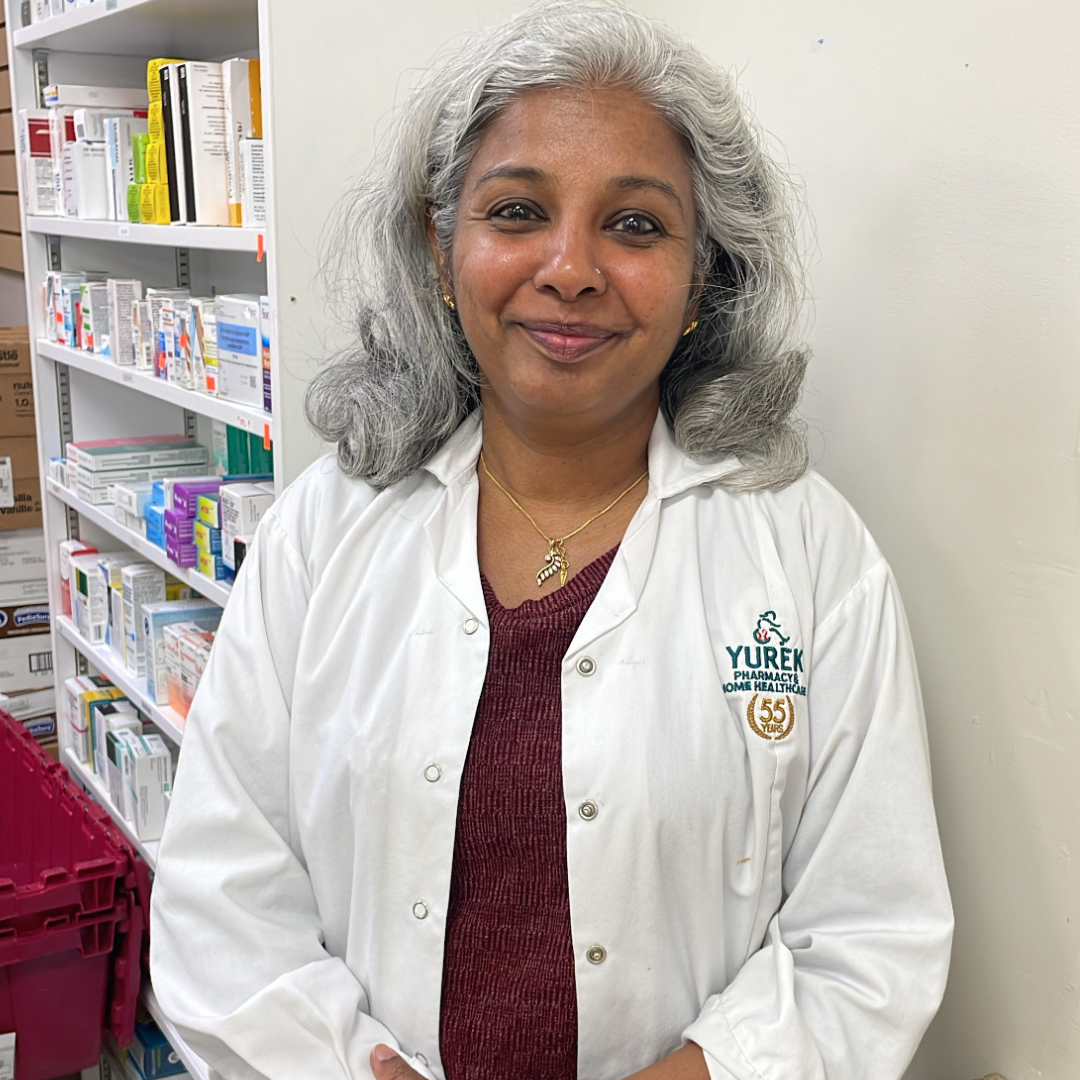It has been said in the past that Lyme is hard to catch and easy to treat. Not so.
The black-legged tick can be found almost anywhere and everywhere in areas where they’ve spread. Ticks can now be found in one’s own back yard. Lyme is a worldwide problem as they have even found antibodies to Lyme in penguins from the Antarctic.
Migratory birds transport ticks and parachute them into new areas with deer and other mammals acting as their taxi helping to expand their territory.
It has been said in the past that there are no ticks in winter — not so. Whenever the temperature is above 4C, ticks can be questing for their next blood meal. Some people have noted the black-legged tick will quest if the ambient temp is above 0C and there is no snow cover. Climate change can be said to be part of this problem.
Ticks and the diseases that carry are a year-round problem.
It has been said that it takes 36 to 48 hours for Lyme bacteria to be transmitted once the tick attaches. There are many variables and it has been shown in some cases that transmission can happen within a few hours. The truth is minimum attachment time for disease transmission in humans is unknown. Some diseases ticks carry, such as Powassan virus, can transmit in as little as 15 minutes.
It is important to treat tick-borne diseases early. The two-pill treatment available from your pharmacy or 21-day treatment you may get from your doctor may be insufficient. Chronic infection can happen. You can even get multiple infections from multiple ticks.
There is no universally accepted test for Lyme disease. A negative test may not mean you do not have Lyme. Current tests are designed to reduce false positives at the cost of more false negatives. Lyme is a clinical diagnosis that can be supported by testing but it is not always necessary.
Diagnostics is a process of elimination in many cases. If it is unknown what your health concern is then Lyme should be considered.
Education is key to eradicating this disease.
By: Brenda Sterling-Goodwin is a local Lyme-awareness activist.








